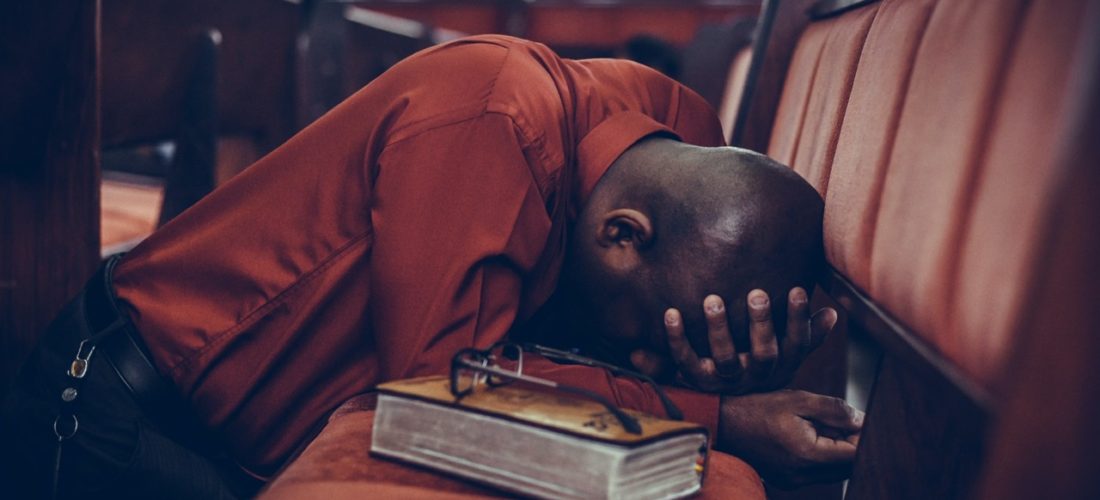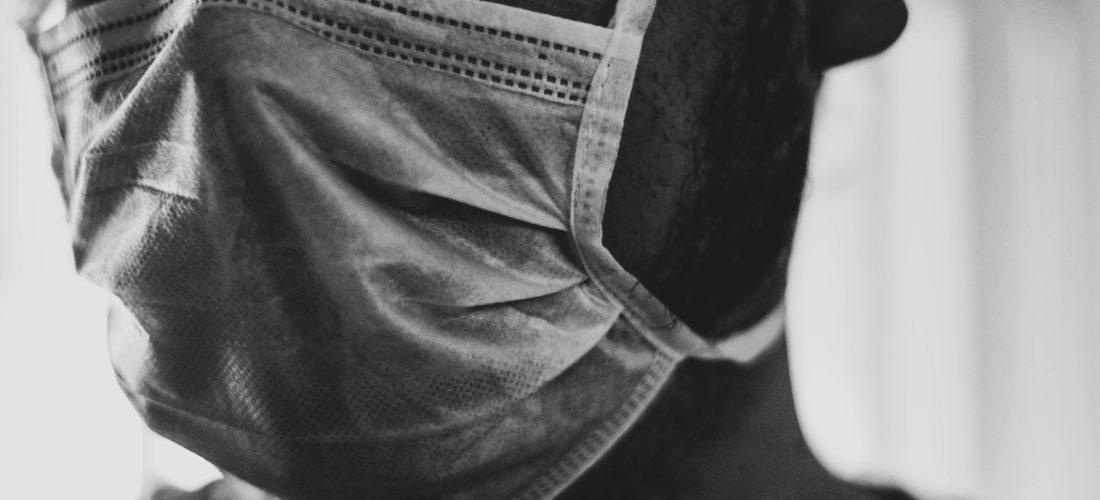It’s that time of year again. No, I’m not talking about Easter or the start of spring. I’m talking about General Conference. The first weekend in April has passed and with it a whole slew of emotions.
I naively thought Conference weekend would pass by with little trouble. I routinely remind myself that “the church will do what the church always does.” They will say the same things and make the same announcements. If they’re policy changes, they will be minor steps towards progressivism. Temples, of course, will be announced and added to the backlog of those still needing to be built. As I said, the church will do what the church always does.
And…well…they did. Including a talk about about doubts and those who leave the church.
So, I will do what I always do: write about it.
President Nelson gave a talk calling out “lazy learners” and cautioning those with doubts to not talk with other doubters. Those words struck me hard. It embodied every talk and lessons I sat through that characterized former Mormons as lazy, ignorant, easily offended, and sinful. It’s frustrating because I know my story of doubt was far from laziness, ignorance, defensiveness, and immoral behavior. I think about my story and how it doesn’t match up to their narrative about who I am and what I’ve done. In this particular instance, I think about how I talked to others about my doubts—which mostly involved silence.
My faith crisis began when I read an essay on the church’s website. I was excited because I wanted to know about these issues. They had been bouncing around my head for years, but I feared finding “anti-Mormon literature” that would lead me astray. Here were the answers I sought! Better yet, they came directly from the church and that means the would contain the entire, faithful truth.
What I read shook me. Things I had previously dismissed as “anti-Mormon lies” were, in fact, true. I didn’t understand how this could be. I wasn’t a “lazy learner” of any sort. I attended every Sunday; not just attended—I participated. I rose my hand in Sunday School. I taught in Relief Society, Young Women’s, and Primary. I actively listened to the talks in Conference and tried my best to apply them to my life. I knew what my church taught and believed and I was careful in what I read and who I listened to. I walked this Mormon path with an assured confidence because I believed what I was taught.
The church had plenty of opportunities to teach me the truth—even the uncomfortable parts. If the things I was taught in Primary, Young Women’s and seminary was the soft version, then surely the religion classes I took at BYU should have introduced me to the nuances of church history. If there was more to the story, then why not teach me? Why put in an essay, in a hard to reach place on their website? Finding that information wasn’t easy or convenient.
Sometimes, I wonder what the church leaders think I did next. Do they think I immediately stopped attending? Do they think I didn’t try to reconcile my faith with what I learned? That I decided to upend my life over a few thousand words?
I got on my knees and prayed. I prayed because that’s what I’d been taught. If I ever had a question that needed answering, this was it. I knew if I asked with a sincere desire, that Heavenly Father would answer me. I was not a stranger to this act as I had prayed many, many times before and felt my prayers being answered. I didn’t have a reason to think this time would by any different.
My doubts and questions didn’t go away. I kept them inside and continued on as if nothing had changed. Sometimes answers take time and I told myself I could wait. “Just keep having faith,” I said.
I waited for years. I waited for God to lead me to places I could find more information. I waited for my doubts to clear up or to go away completely. When they still gnawed at me, I pushed them down. I wanted to read all I could, but again, I didn’t know where I could go. I didn’t know if I could trust the church’s resources because the more I studied the church essays, the more I saw the deception in them. The information I wanted was tucked away into footnotes and sources—the same sources they criticized in the past. If I couldn’t trust them for the full truth, then where can I turn? So, I continued to silently pray.
The weight of waiting triggered a stress response in my body. I became sick. I went to the doctor, convinced that something was seriously wrong with me. She listened to my symptoms and told me “it’s stress.” I shook my head. Stress? What could I be stressed about? My life is normal and good. She wrote up a prescription and a number to a therapist. I asked for prescription refills and tore up the therapists information. My stress response turned into a chronic condition that I’m still managing.
I kept it all to myself and didn’t utter a word. A few people knew something was bothering me, but I always waved them away.
The first person I finally told wasn’t a member of any religion. She was my non-Mormon friend. Our kids were playing at the park when I let it slip that I wasn’t very happy at church anymore. I was struggling and it hurt. She asked questions, but I quickly shut it down. I knew she wouldn’t understand why I continued to participate in church and I couldn’t give her any other answer other than, “because I have faith.”
A while later, the bishop called me into this office after he saw me “white-knuckling” my way through sacrament meeting. He was kind with his inquiries and I did my best to explain. He offered his support. He knew of the essays, but hadn’t read them. I was stuck between two options: tell him everything I knew or kindly accept his assurances.
I remained silent and thanked him for listening.
A few months later, I met with a member of the stake presidency. Surely, this man would hold the answer. He must have bishops reporting about those who struggle. At the very least I hoped he’d read the essays. I needed and wanted someone to help me understand.
I voiced my concerns and he talked. He talked and talked and talked. He assumed and insinuated things about me. When I pointed out that I needed a different sort of advice, he talked over me. In the end, he told me I should stay in the church because if I didn’t, my children would be worse off. “Think what will happen to them,” he said.
By this time, I was no longer ashamed or fearful of my doubts. I didn’t believe God would punish me for having questions. Why would a loving God not want me to think critically? Why shouldn’t I be shocked by this new information? Why would God want me to stop researching, reading, and looking? If the founding of our church was once a young boy with questions, why couldn’t I be a grown woman doing the same?
I left the counselor’s office feeling deflated and angry. I needed answers, but all I was told was to stop having questions.
I’m not sure what more the church expected from me. I had a question, I asked with sincere faith, I kept my doubts to myself, and I sought out advice from the ones who I was told held the answers. The more I took their advice, the more I kept silent, the more I continued on as if this wasn’t happening, the worse my health became. The more I tired not to question, the bigger my concerns grew.
So, when I hear these talks, another question plays in my mind: Do they want me, or do they want my silence?
My money is on the silence.
These talks are meant to keep people from voicing their concerns. They’re meant to provoke fear of those who leave. They’re meant to “other-ize” and divide. They’re meant to reinforce the prejudices and assumptions they’ve already made. By characterizing my and other’s journey out of the church as lazy, sinful, and bitter, they’ve removed the humanity and nuances from our story.
I felt that sting when, after finally opening up to a close family member about my disbelief, she immediately dismissed me. Gone was our history and all the ways she knew me. In it’s place was the voice of the church. “You need to pray and ask with a sincere heart,” she told me. “If any of you lack wisdom, let him ask of God! You didn’t pray enough and now you’re blaming the church and belittling my faith.”
Pray harder. Work harder. Testify and go on missions, even when you don’t believe. But above all else, don’t say a word. The best Mormons are the silent ones.
Until next time,
September Marden



